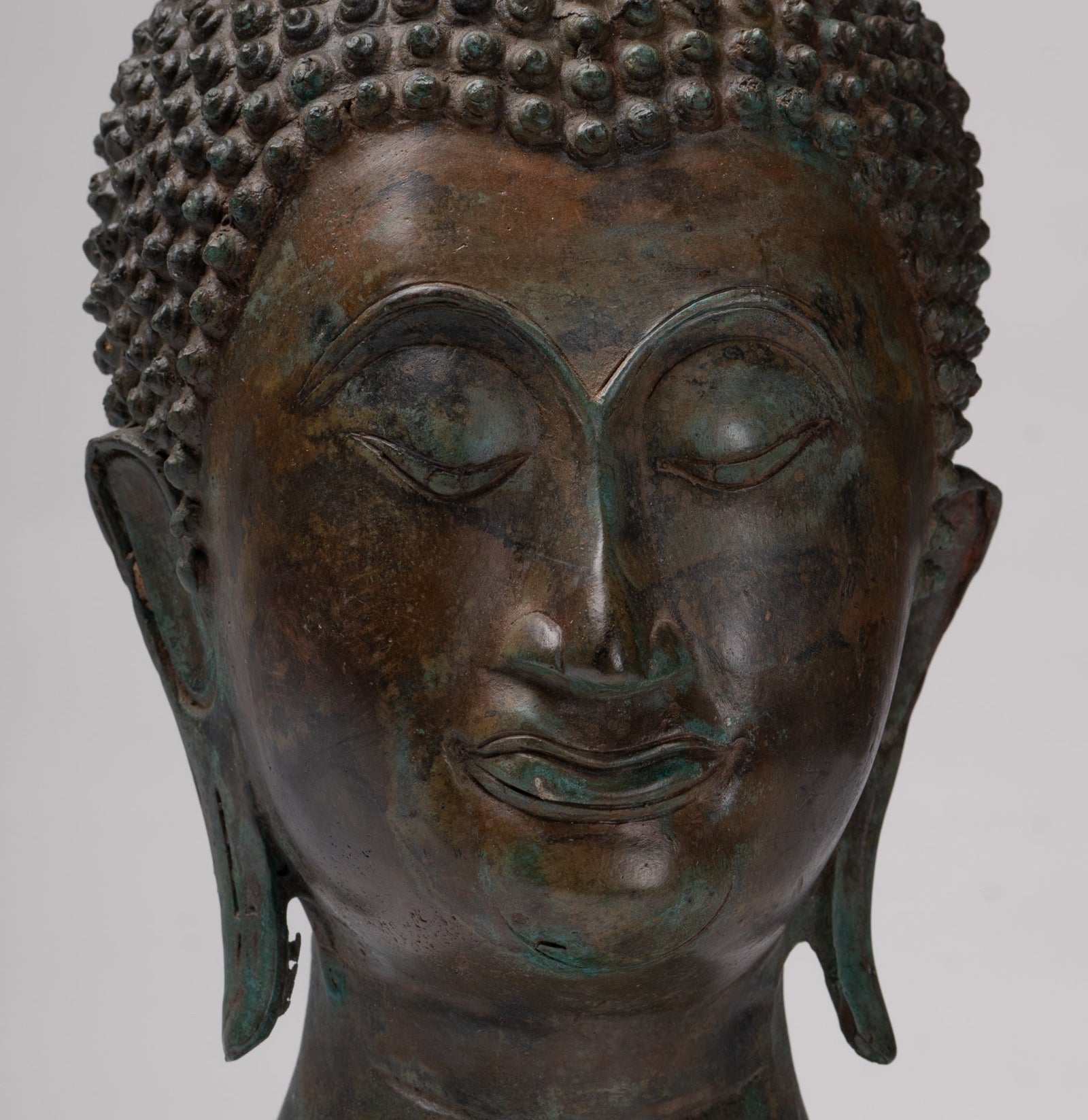
Right Action (Sammā-Kammanta): Living with Integrity on the Noble Eightfold Path
In the Buddha’s Noble Eightfold Path—the core of his teachings that leads to the end of suffering—Right Action (Sammā-Kammanta) is the fourth step. It serves as a practical expression of our inner intentions and views, guiding how we conduct ourselves in the world through ethical and compassionate behavior.
While Right View and Right Intention shape our understanding and motivation, Right Action puts these into practice. It’s about walking our talk—letting our morality be seen in how we live, how we treat others, and how we shape our daily choices.
What is Right Action?
Right Action refers to ethical conduct (sīla)—the foundation of a harmonious and spiritually meaningful life. It encourages us to act in ways that are non-harming, mindful, and beneficial to all beings.
The Buddha identified three core principles of Right Action:
-
Refraining from killing or harming living beings
-
Refraining from taking what is not given (stealing)
-
Refraining from sexual misconduct
These are not commandments, but training precepts—guidelines to help reduce suffering and cultivate peace within and around us.
1. Refraining from Killing or Harming Living Beings
This is rooted in the principle of ahimsa (non-violence), a foundational value in both Buddhism and Hinduism.
Right Action begins with a deep respect for life in all its forms—human, animal, and even insect. To follow this precept means:
-
Avoiding acts of violence or cruelty
-
Choosing kindness over aggression
-
Practicing compassion toward all beings
-
Supporting peace and environmental care
This precept invites us to look beyond just physical killing—it asks us to avoid causing suffering through anger, neglect, or exploitation.
“All beings tremble before violence. All fear death. Comparing others with oneself, one should not kill nor cause others to kill.”
– Dhammapada, Verse 129
2. Refraining from Taking What is Not Given
This precept is about honesty, respect, and generosity. It goes beyond refraining from theft—it includes not manipulating or deceiving others to gain something unfairly.
Practicing this aspect of Right Action means:
-
Being honest in business and personal dealings
-
Respecting others’ property, time, and energy
-
Letting go of greed and entitlement
-
Practicing contentment and gratitude
It also invites the cultivation of dāna (generosity)—learning to give freely, not just take.
3. Refraining from Sexual Misconduct
This precept encourages respectful and responsible relationships, rooted in honesty, consent, and compassion. The Buddha emphasized that desire can become a powerful source of suffering if left unexamined.
Sexual misconduct may include:
-
Exploiting others sexually
-
Betraying trust in relationships
-
Causing harm through deceit or infidelity
Right Action in this context calls us to use our sexuality as a source of connection and love, not harm or imbalance. For lay followers, it means being faithful and respectful in relationships. For monastics, it includes celibacy.
Beyond the Basics: A Life of Compassionate Action
While the Buddha outlined three specific areas of Right Action, the spirit of this path expands into all areas of life. Any action we take—whether a decision, a job, or a way we treat someone—is an opportunity to ask:
-
Is this action rooted in kindness?
-
Does it reduce harm or increase it?
-
Is it aligned with my deeper values?
Right Action is about living in harmony with the world, with a heart that is both wise and compassionate.
Right Action and Karma
In Buddhism, karma (kamma) is not fate or punishment, but simply cause and effect. Our actions plant seeds in the field of life. Skillful, ethical actions bring peace and joy. Unskillful, harmful actions bring confusion and suffering.
Right Action helps us cultivate wholesome karma—creating the conditions for future happiness and spiritual clarity.
“Just as a shadow follows the body, so too do the consequences of one's actions.”
– Dhammapada, Verse 1–2
Practicing Right Action in Daily Life
🌱 1. Mindful Living
Pay attention to how your actions affect others. Pause before you act. Consider whether your choices support kindness, fairness, and peace.
🤲 2. Compassionate Choices
Make ethical decisions in what you buy, consume, and support. For example:
-
Choose cruelty-free or vegetarian options.
-
Support fair trade and ethical labor.
-
Avoid industries or practices that harm the earth or exploit people.
🧘 3. Meditation and Reflection
Spend time reflecting on your actions at the end of each day. Ask yourself:
-
Did I act with integrity today?
-
Where can I improve tomorrow?
Meditation cultivates awareness that supports wise action.
❤️ 4. Be of Service
Volunteer, help others, or simply offer a listening ear. Every act of service is Right Action in motion.
Right Action and the Other Limbs of the Path
Right Action does not stand alone. It works in harmony with other aspects of the Eightfold Path:
-
Right Intention gives it motivation.
-
Right Speech ensures it’s expressed kindly.
-
Right Livelihood supports ethical ways of earning.
-
Right Mindfulness keeps actions conscious.
-
Right Concentration helps maintain inner clarity.
Together, these eight steps form a wholesome and integrated path toward liberation.
Conclusion: The Wisdom of Right Action
Right Action is more than good behavior—it is a spiritual discipline that brings your deepest values into the world. It is the daily art of living with integrity, choosing love over harm, and aligning your life with the Dharma.
In a world so often shaped by haste, fear, or self-interest, Right Action is a radical and courageous commitment to compassion, clarity, and peace.
May your actions be wise.
May they bring happiness to all beings, including yourself.
May your life be a living expression of the Noble Path.
🙏 Namo Buddhaya. 🙏




